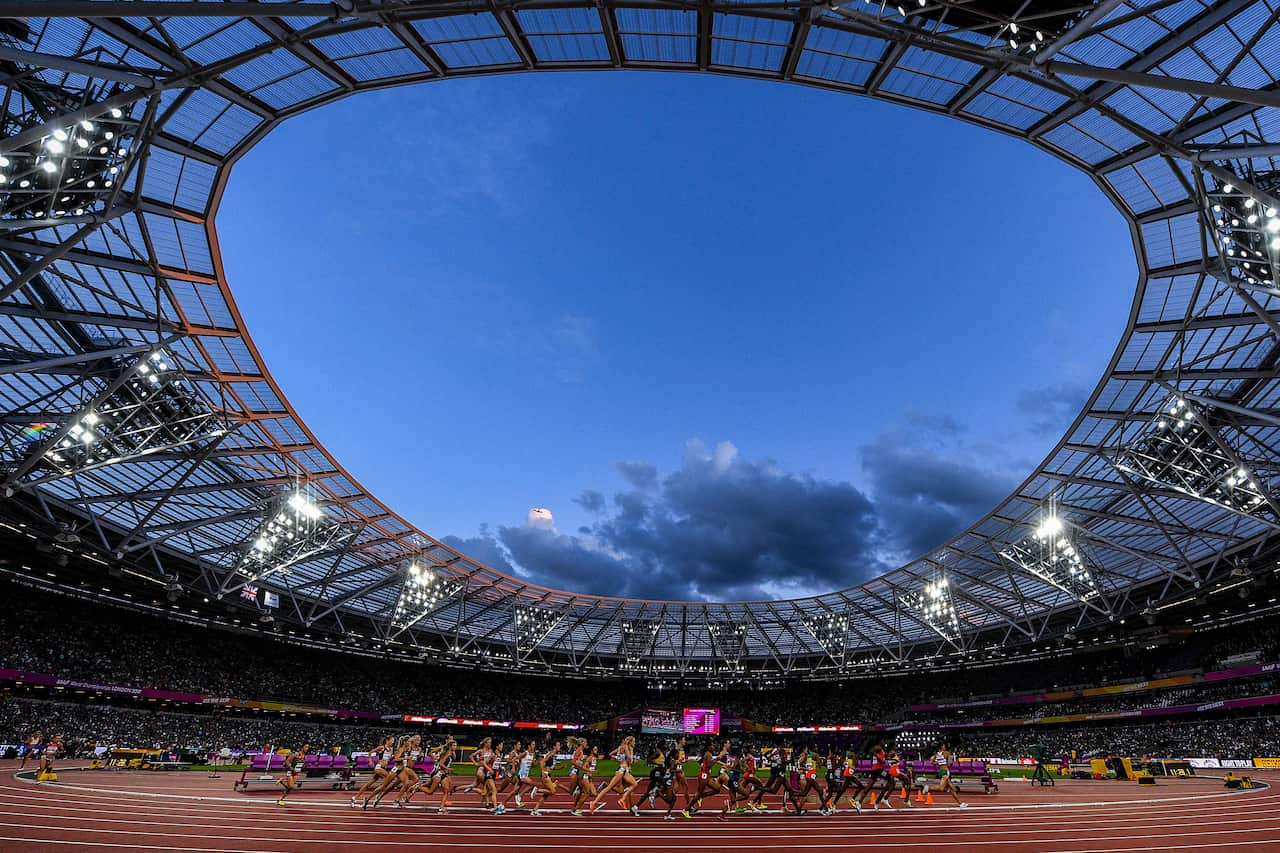The International Association of Athletics Federations (IAAF) has hit back at claims new rules addressing testosterone levels are discriminatory.
From November, elite female athletes competing in middle distance events, with naturally high levels of testosterone will be required to reduce their levels through medication or race against men instead.

“The IAAF seeks only to maintain a fair and meaningful category for women to compete in athletics,” it said in a statement.
“It makes no judgement about gender or sexual identity.”
The move, which was approved in March by the IAAF council, has come under fire by sporting groups in the United States.
An open letter by Athlete Ally, an organisation that promotes equality in sport, slammed the regulations as “discriminatory” and calls for the regulations to be rescinded.
More than 60 prominent female and male athletes from a variety of sports, including former tennis world number one Billie Jean King and Olympic gold medallist Abby Wambach, have signed the letter.
“What remains deeply troubling and perplexing is seeing IAAF double down on the fundamentally flawed data they cite as a rationale for this,” Taylor Carr, Athlete Ally’s Chief of Staff told SBS News.
“It's clear that the IAAF rhetoric just doesn't match the policy that's been introduced,” Mr Carr said.
“The sports community continues to show it won't be sidelined in the fight for equality.
“We're witnessing the greatest expansion of athlete activism in modern history - never before have we seen the athletic community speak out so regularly for social justice issues.”
Two-time Olympic and three-time world champion, Caster Semenya, has referred the IAAF to Court of Arbitration for Sport (CAS) over the new rules.

A decision is still pending.
Semenya, from South Africa, was subjected to gender testing and was absent for 11 months until cleared to compete again in June 2010.
An Athletics Australia spokesperson told SBS News it is following the results of the CAS decision.
The IAAF maintains it is acting on scientific evidence, citing similarities to how age and weight divisions are regulated.
“This rule [testosterone levels] has been established under the same principles that have governed fair competition in sport throughout its history.”
“The IAAF has been a leading supporter of women in sport for most of its long history and will continue to be.”

